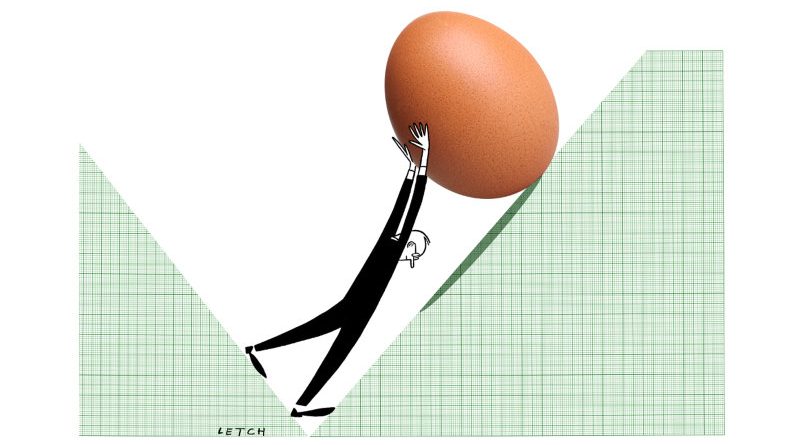What’s the best way to invest $250,000 in our SMSF?
We are a retired couple drawing an income from our self-managed super fund (SMSF). The SMSF has an equal mix of shares, real estate and cash. Currently, we have $250,000 in the SMSF from the sale of real estate. Could you please suggest some government bonds, cash related options, or better options that will return more than a term deposit, but provide an income each year, or more frequently?
I’ve often used a strategy, using term annuities, of dividing the amount into three and initially investing one-third into one, two and three-year annuities. As each matures, roll it over into a three-year annuity. After two years, you will have 3 three-year annuities, with one maturing each year allowing you to capture a higher interest rate, or cash it in.
If you’re not keen on government bonds or term deposits, annuities could provide a solid income stream for your SMSF.Credit:Simon Letch
At present, a Challenger three-year annuity containing $80,000, interest paid quarterly, guarantees a 4.62 per cent income, two-year annuity guarantees 4.47 per cent and a one-year 4.23 per cent, all subject to change. By having your SMSF invested in a non-super annuity, the annuities’ interest payments won’t be subject to minimum pension requirements, as is the SMSF.
I have an AustralianSuper account exceeding $1 million, started before January 1, 2015, and opted to transfer half into an account-based pension. At present, I do not need to draw this pension and would like to keep the maximum within super as I am over the age limit to make further contributions. Would it be preferable to transfer the pension back to the accumulation account, which incurs a 15 per cent tax, or invest the annual pension in a term deposit which incurs income tax? Are there any grandfathering issues likely to arise by changing back to a pension?
If your AustralianSuper pension, and not just your accumulation account, began before January 2015, then it carries concessions when measured by Centrelink’s income means tests for the Commonwealth Seniors Health Card (CSHC) and the age pension.
Allocated, or “account-based” pensions held by CSHC holders as of January 1, 2015, are not counted by the card’s income test – it is grandfathered. Later pensions are subject to deeming whereby the first $56,400 for singles, or $93,600 for couples, is deemed to earn 0.25 per cent and the balance, 2.25 per cent. These rates are likely to rise at some stage.
For pre-2015 allocated pensions, the age pension’s income test ignores a “deductible amount”, calculated by dividing the initial purchase price by your life expectancy at the time you started the pension. Newer pensions are subject to deeming, which is generally less pension friendly, resulting in a lower age pension being granted.
By the way, note when a person dies, leaving a grandfathered non-reversionary pension to a spouse (or another dependant), the new pension will then no longer be grandfathered and be subject to deeming. On the other hand, a pre-2015 reversionary pension will be grandfathered, carrying its deductible amount through to its new owner.
You are obviously over age 74, don’t need a super pension, and it doesn’t look as though you receive an age pension, so you’re probably in a higher tax bracket. Half your luck! Unless you receive a CSHC, roll the money back into your accumulation account.
- Advice given in this article is general in nature and is not intended to influence readers’ decisions about investing or financial products. They should always seek their own professional advice that takes into account their own personal circumstances before making any financial decisions.
If you have a question for George Cochrane, send it to Personal Investment, PO Box 3001, Tamarama, NSW, 2026. All letters answered. Help lines: Australian Financial Complaints Authority, 1800 931 678; Centrelink pensions 13 23 00.
Most Viewed in Money
From our partners
Source: Read Full Article




